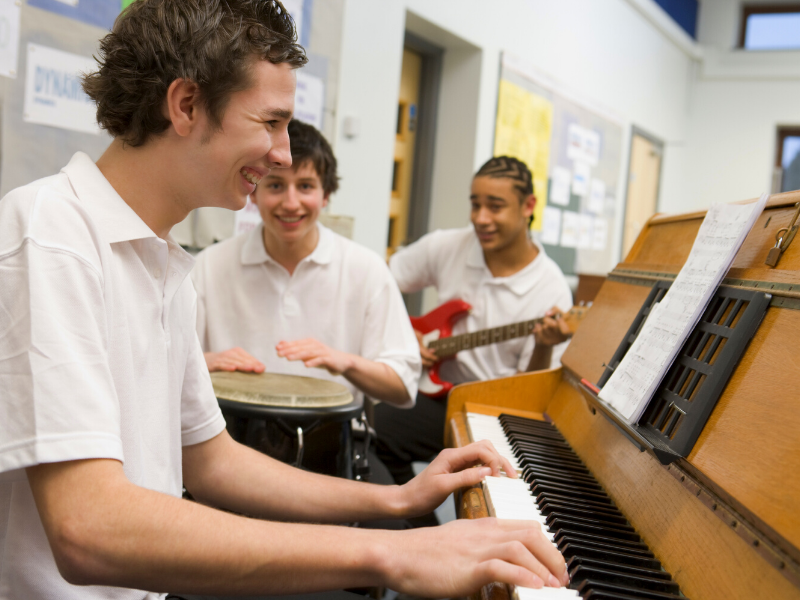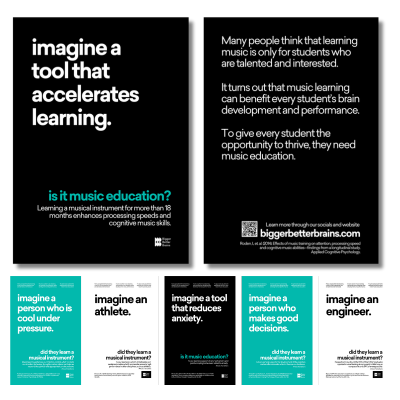
Research Updates

Here at Bigger Better Brains we believe that through educating yourself, you can then educate and affect positive change in your community.
With all of the research in the field of neuromusical science, our BBB Research section serves as a content hub for you. We regularly share findings and break down the latest research to educate and inspire discussion. We hope you enjoy this page on our website and share BBB news with your colleagues, parents and students.
What makes a musical prodigy?
Is it nature or nurture? Is it biological, magic or a quirk?
It is never too late to start learning piano
Research into music learning has found that, while it is a great activity for physical, cognitive, emotional and social development during childhood, it can be just as impactful to learn a musical instrument when we are adults.
Challenge your brain with different music!
This study looks at how our brains engaged with familiar and unfamiliar music. Turns out our brains sustains engagement with music that is unfamiliar.
Music is a neurobiological reward!
The reward network in our brains is one of the most fascinating areas of the brain. It is often the underlying network that propels our behaviour as well as override our good judgement. It is also one of the key networks in learning.
Music synchronises our brain!
There is a theory called the theory of familiarity in music. It is, as described at the end of this article, the idea of an inverted U.
Being musical is part of our human design
In today’s world, filled with myriad parenting methods and high-tech toys that promise to enhance infant development, it is easy to overlook how fundamental the time-honoured practice of music is for all children—starting pre-birth.
Everything in moderation, including syncopation and harmony
This new research looks at the emotive factors in music and uses an idea called the “inverted U”.
Where does perfect pitch come from?
There is a great deal of debate around this question. In the research, the term Absolute Pitch (AP) is used for the more common term of perfect pitch. This recent study points to a stronger genetic link than previously thought.
I got rhy-thm?
Do you know someone who seems to have rhythm coming out of every part or pore and other people who couldn’t walk to a beat if their life depended on it?
If you have perfect pitch, your brain looks different!
Researchers have known for sometime that the brain structures (parts) of a person with absolute pitch has specific areas that are identified as unique or different. However, they don’t know how those structural differences might function or connect in equally unique or specific ways.
Why does white matter matter?
You have probably heard of grey matter but have you heard of white matter? White matter in our brain is tissue composed of nerve fibres.
There isn’t a music centre in the brain, the brain is the music centre
We used to think that there was a centre for every major processing task, like language or maths. We know that there are both centres for processing as well as a complex set of interlinking and overlapping networks that contribute to the processing of information.





















